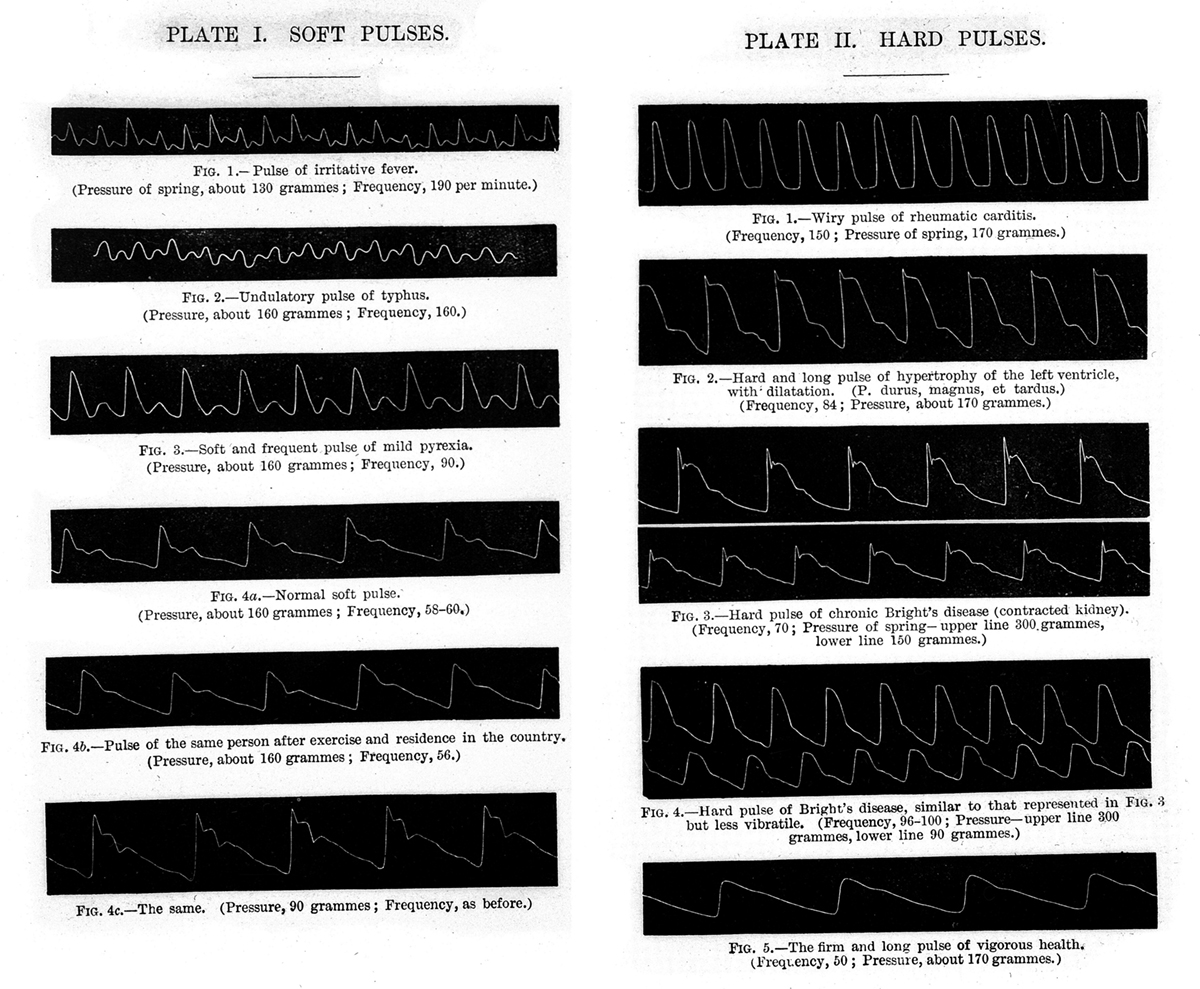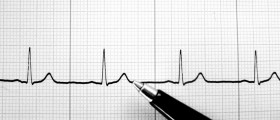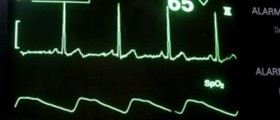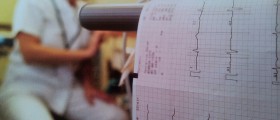
What is pulse?
Pulse is basically a shock wave originating from the heart's contraction which forces a certain volume of blood in the blood vessels that carry blood from the heart, or arteries. Pulse can easily be felt on several places. Just about everybody knows that pulse can be felt on the carotid artery (on the neck) and on the radial artery (on the wrist). It can also be felt on the back of the knee and on the inside of the elbow or on the artery that runs near the ankle joint. Also, pulse can be felt on every artery that can be pressed against a bone. You can also measure the pulse by listening directly to the heart.
Why is it important?
Do you know what the vital signs are? These are pulse rate, body temperature, blood pressure and respiration rate. If any of these is outside the normal (healthy) limits, something is seriously wrong. Absence of any of these, means that you are on the doorstep of death. But, let us not be grim. Pulse rate is a good indicator of your health. It is not constant and depends on your level of activity (more activity means higher pulse), but, as mentioned, a certain range of pulse rate is deemed as normal and healthy.
What pulse is healthy?
A 'healthy' pulse is variable, and depends on age, sex, weight, fitness level and a number of other factors. For normal humans, anything between 60 and 100 beats per minute is normal and healthy. The more fit you are, the lower your pulse will be. Of course, these are the values of pulse at rest, without any ongoing or just finished physical activity more intensive than, say, turning pages. A sportsman in decent shape can go below 60 beats per minute at rest, while most humans can go near 40 beats per minute in deep, undisturbed sleep.
Kinds and infants have higher pulse rate than adults. In example, a resting infant can easily be on 110 beats per minute. Also, women have slightly higher pulse than men.
Slow pulse
This condition is known as bradycardia or heart slowness. You got it whenever your pulse is below 60 beats per minute. There might be nothing wrong with that - you might simply be in a good shape and your heart needs to work less to do equal amount of job, or it might be an asymptomatic (unusual condition, though not a symptom of a health problem) condition, if it is not sudden or accompanied by fatigue, lack of breath, weakness and similar.
Fast pulse
This condition is known as tachycardia. If your pulse at rest is over 110, you got it. This is troublesome, as it is related to poor heart efficacy and long-term lack of oxygen supply to the body and heart, which leads to various chronic heart diseases. Cause and proper course of action for tachycardia should be determined by a medical exam.











_f_280x120.jpg)





Your thoughts on this
Loading...